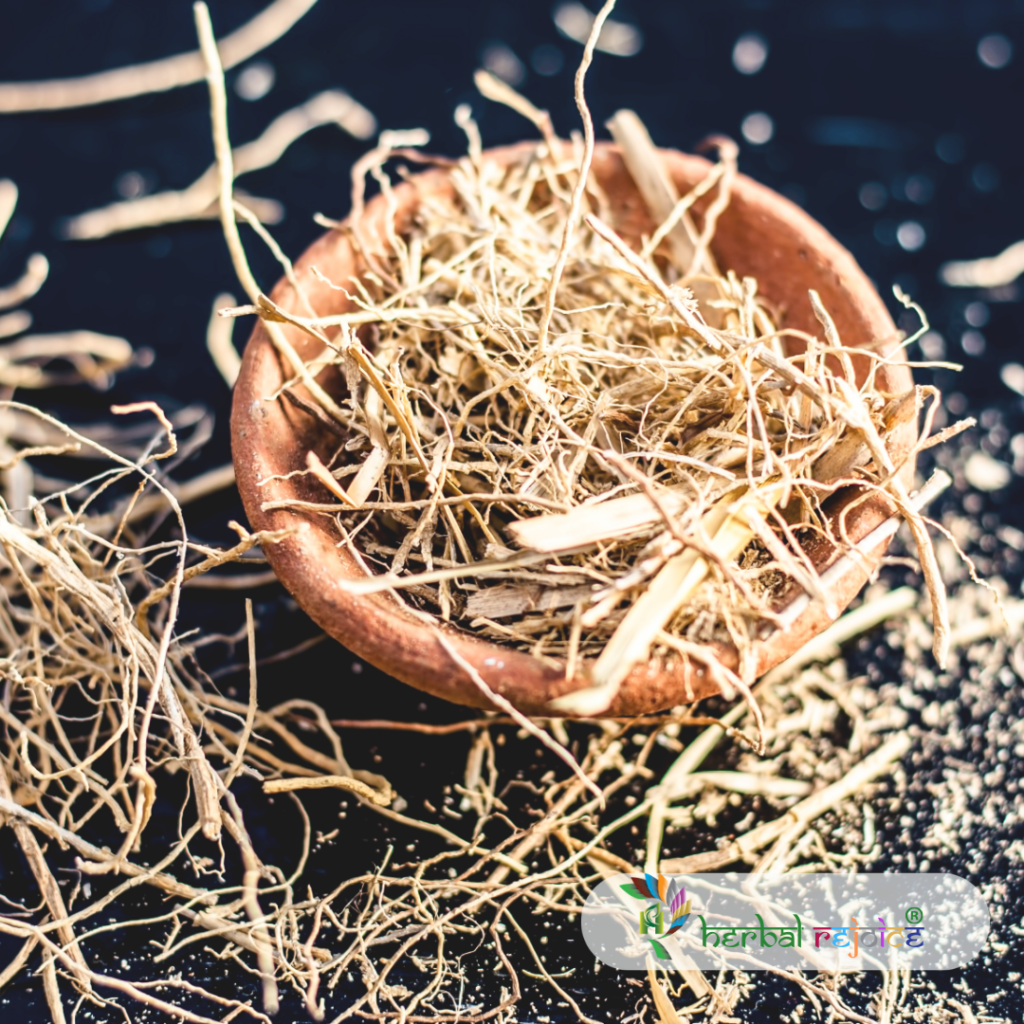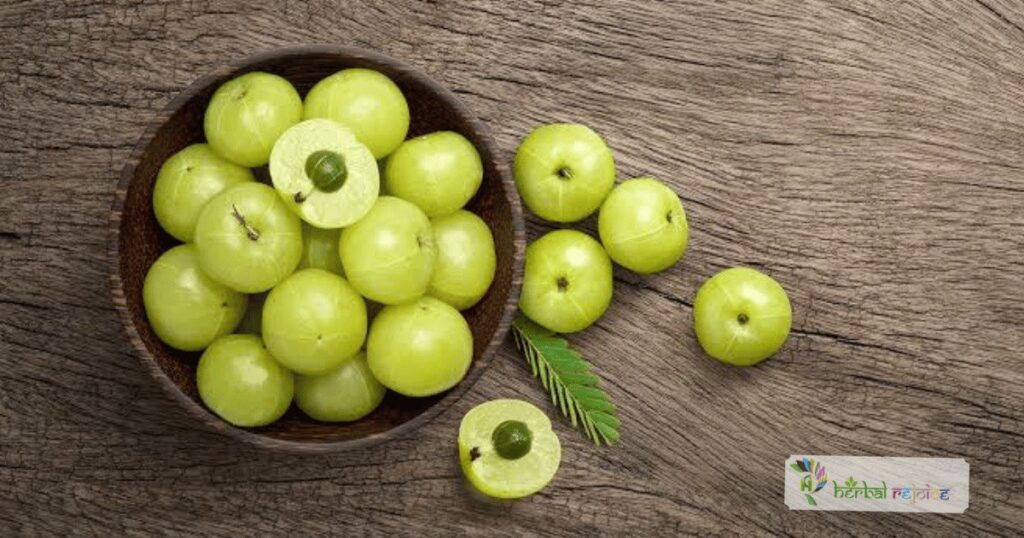Introduction
Vetiveria zizaniodes (Linn.) Nash, also known as Vetiver, is a perennial grass that is primarily cultivated in Rajasthan, Uttar Pradesh, Punjab, and the West Coast. It is a widely used herb in various traditional medicinal practices, including Ayurveda, Siddha, and Unani.
In Ayurveda, Vetiver is known by various names such as Ushira, Bahu-muulaka, Sugandhimuula, Jataamedaa, Indragupta, Nalada, Laamajjaka, Sevya, Samagandhaka, Jalavaasa, Virana, and Aadhya. In Unani, it is called Cuscus and Khas Siddha refers to it as Vettiver or Vilamichaver.
Medicinal Properties
The root of Vetiver is commonly used for its medicinal properties. It is known to have a cooling effect on the body and is used as a refrigerant, febrifuge, and diaphoretic. It also acts as a stimulant, stomachic, antispasmodic, emmenagogue, astringent, and blood purifier. Vetiver root is often used in the treatment of fevers, colic, flatulence, vomiting, spermatorrhoea, and strangury. The root oil of Vetiver is particularly beneficial for obstinate vomiting, colic, and flatulence.

Components of Vetiveria
The Ayurvedic Pharmacopoeia of India recommends the use of Vetiver root in cases of dysuria, a condition characterized by difficulty in passing urine. The root oil of Vetiver contains several bioactive compounds that contribute to its therapeutic effects. The major constituents of North Indian Vetiver root oil, obtained from wild roots, are antipodal terpenoids. On the other hand, South Indian Vetiver root oils, obtained from cultivated roots, are rich in sesquiterpeneketones and alcohols. The North Indian Khas oil contains significant amounts of khusilal, along with other sesquiterpenes like khusol, khusimol, khusitone, cadinene, and laevojuneol. In contrast, the South Indian Khas oil is characterized by the presence of nootkatone, vestipiranes, and substances with tricyclic zizaane structure. Notably, khusilal is absent in typical dextrorotatory Khas oils. The oils from other countries that produce Vetiver are typically dextrorotatory, similar to the South Indian oil.
Dosage
When using Vetiver, the dosage of the fibrous root is typically 3-6 grams for an infusion. This dosage can vary based on individual needs and should be taken under the guidance of a qualified healthcare professional.
Conclusion
In conclusion, Vetiver (Vetiveria zizaniodes) is a valuable herb with a wide range of medicinal properties. Its root is known for its cooling effect and is used to treat various conditions such as fevers, colic, flatulence, and vomiting. The root oil of Vetiver contains important bioactive compounds that contribute to its therapeutic effects. When using Vetiver, it is important to follow the recommended dosage and seek guidance from a qualified healthcare professional.
Frequently Asked Questions
What is Vetiver?
Vetiver, also known as Vetiveria zizaniodes (Linn.) Nash, is a perennial grass that is primarily cultivated in Rajasthan, Uttar Pradesh, Punjab, and the West Coast.
What are the traditional medicinal practices that use Vetiver?
Vetiver is widely used in various traditional medicinal practices, including Ayurveda, Siddha, and Unani.
What are the different names for Vetiver in Ayurveda?
In Ayurveda, Vetiver is known by various names such as Ushira, Bahu-muulaka, Sugandhimuula, Jataamedaa, Indragupta, Nalada, Laamajjaka, Sevya, Samagandhaka, Jalavaasa, Virana, and Aadhya.
What is Vetiver called in Unani?
In Unani, Vetiver is called Cuscus and Khas.
What are the medicinal properties of Vetiver root?
The root of Vetiver is known for its cooling effect and is used as a refrigerant, febrifuge, and diaphoretic. It also acts as a stimulant, stomachic, antispasmodic, emmenagogue, astringent, and blood purifier.
What conditions can Vetiver root be used to treat?
Vetiver root is often used in the treatment of fevers, colic, flatulence, vomiting, spermatorrhoea, and strangury.
What are the benefits of Vetiver root oil?
The root oil of Vetiver is particularly beneficial for obstinate vomiting, colic, and flatulence.
What does the Ayurvedic Pharmacopoeia of India recommend the use of Vetiver root for?
The Ayurvedic Pharmacopoeia of India recommends the use of Vetiver root in cases of dysuria, a condition characterized by difficulty in passing urine.
What bioactive compounds does Vetiver root oil contain?
The root oil of Vetiver contains several bioactive compounds, such as antipodal terpenoids (in North Indian Vetiver root oil) and sesquiterpeneketones and alcohols (in South Indian Vetiver root oil).
What are the major constituents of North Indian Vetiver root oil?
The major constituents of North Indian Vetiver root oil are antipodal terpenoids.
What are the major constituents of South Indian Vetiver root oil?
The major constituents of South Indian Vetiver root oil are sesquiterpeneketones and alcohols.
What is the difference in composition between North Indian and South Indian Vetiver root oils?
North Indian Vetiver root oils are rich in antipodal terpenoids, while South Indian Vetiver root oils are rich in sesquiterpene ketones and alcohols.
What is khusilal and in which type of Khas oil is it found?
Khusilal is a sesquiterpene compound found in North Indian Khas oil.
What are the other sesquiterpenes found in North Indian Khas oil?
Other sesquiterpenes found in North Indian Khas oil include khusol, khusimol, khusitone, cadinene, and laevojuneol.
What compounds are found in South Indian Khas oil?
South Indian Khas oil is characterized by the presence of nootkatone, vestipiranes, and substances with tricyclic zizaane structure.
What is the typical rotation of Khas oils?
Typical dextrorotatory Khas oils do not contain khusilal.
How should Vetiver be used?
When using Vetiver, the dosage of the fibrous root is typically 3-6 grams for an infusion.
Can the dosage of Vetiver vary?
Yes, the dosage of Vetiver can vary based on individual needs.
Who should be consulted before using Vetiver?
It is recommended to seek guidance from a qualified healthcare professional before using Vetiver.
In conclusion, what is the value of Vetiver as a medicinal herb?
Vetiver is a valuable herb with a wide range of medicinal properties. Its root is known for its cooling effect and is used to treat various conditions such


